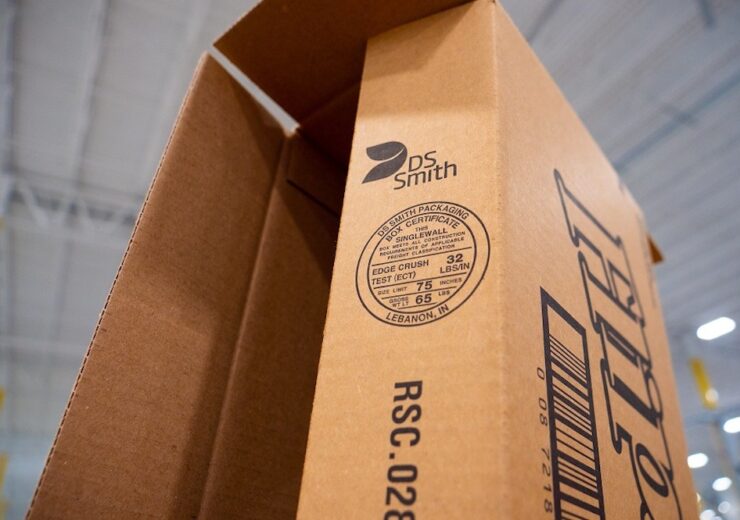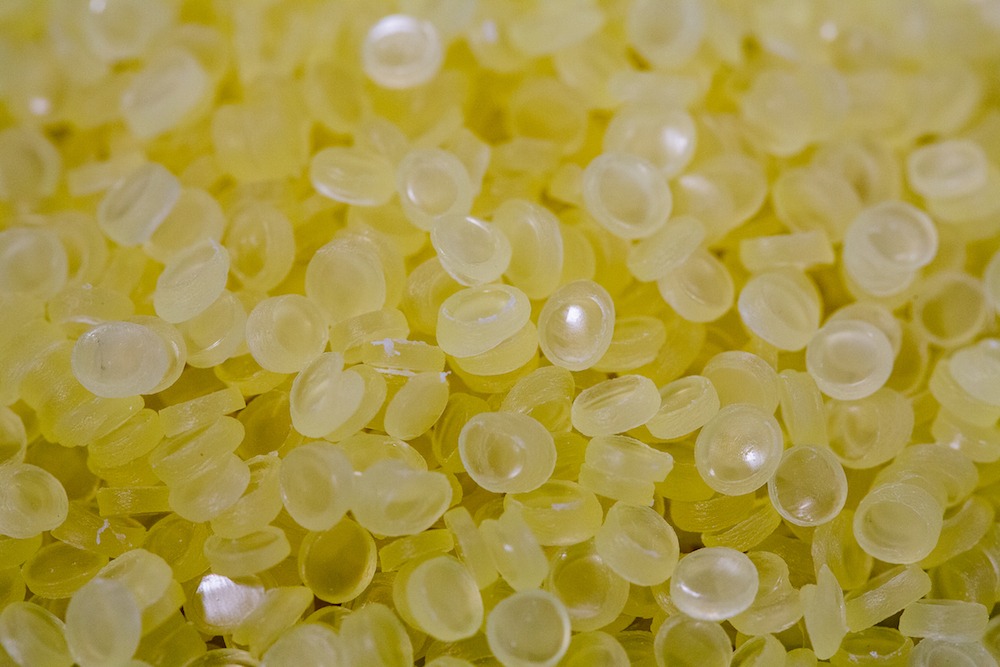DS Smith's partnership with the biodegradable polymer manufacturer is part of the packaging company's long-term sustainability goals

As a company, DS Smith is made up of three divisions - paper, packaging and recycling (Credit: DS Smith)
Packaging firm DS Smith has partnered with biodegradable polymer manufacturer Aquapak to develop the “next generation” of packaging solutions.
The two UK-based organisations are looking to provide fibre-based products that will replace hard-to-recycle packaging made from combined materials such as cardboard and plastic.
It follows a period of pilot trials with combined materials, focusing on both performance and recyclability.

The partners will now work together to begin developing practical applications.
DS Smith’s material development director Nick Thompson said: “We are proud to be partnering with Aquapak in developing a fully recyclable packaging alternative to non-recyclable plastics.
“Aquapak’s technological advances in novel barrier chemistries combined with our broad range of packaging applications can help us work together to solve many of the most pressing packaging recyclability issues.
“The impact will be immediate, and our aims are aligned in bringing a much greater circularity to recyclable packaging products.”
Biodegradable packaging developer Aquapak to support DS Smith with its long-term sustainability goals
The main material used to develop the practical applications would be Aquapak’s Hydropol, which will be used as a replacement for traditional films.
Hydropol is a biodegradable and water-soluble polymer that will help improve the recycling process.
DS Smith’s exclusive partnership with Aquapak will support the packaging company’s long-term sustainability targets, which include manufacturing 100% reusable or recyclable packaging by 2025.

The adoption of the biodegradable technology will allow for less contamination in the recycling and paper-making process.
Aquapak Polymers’ CEO Mark Lapping said: “It is exciting to see opportunities for our innovative polymer coming to fruition through our partnership with DS Smith.
“Both organisations are committed to eliminating plastic pollution at the source and by working together, we can help speed up the roll-out of recyclable, biodegradable packaging that’s designed for the circular economy as well as being safe for land and sea.”
What is Aquapak’s Hydropol?
Aquapak was established in 2005 to develop a range of innovative and highly functional environmental polymers.
These newly created polymers, either on their own or in combination with other materials, would then be able to make new recyclable environmentally-safe packaging.
The material the company developed, called Hydropol, is non-toxic in the marine environment and on land, and can be used to create environmentally-safe packaging with a diverse range of end of life options.
A key ingredient in Aquapak’s manufacturing process to develop Hydropol is polyvinyl alcohol (PVOH).
PVOH was first synthesised in the early 1920s, but was largely replaced by polyethylene, polypropylene, and PET because it’s very difficult to process in blown film and extrusion processes.
Several global manufacturers do use PVOH, but a large percentage of the material is used as an intermediate to produce other polymers.

Of PVOH used in packaging applications, most have a lower hydrolysis — the chemical breakdown of a compound due to reaction with water — level, which makes it react to water at a temperature of around 30 degrees.
Because of this, it’s typically used for products where its water solubility is an important factor — such as in detergent pods — and is processed using solution-casting, which is slow and expensive.
To create Hydropol, Aquapak has formulated PVOH polymers with a high hydrolysis level – giving much greater resistance to solubility in water.
Films made from Hydropol react to controlled water temperatures typically ranging from between 40 degrees and 70 degrees, making it far more robust in ambient temperatures.
The formulated pelletised form also makes it easier to extrude in standard thermo-processes, meaning it can be more easily turned into a blown film.
